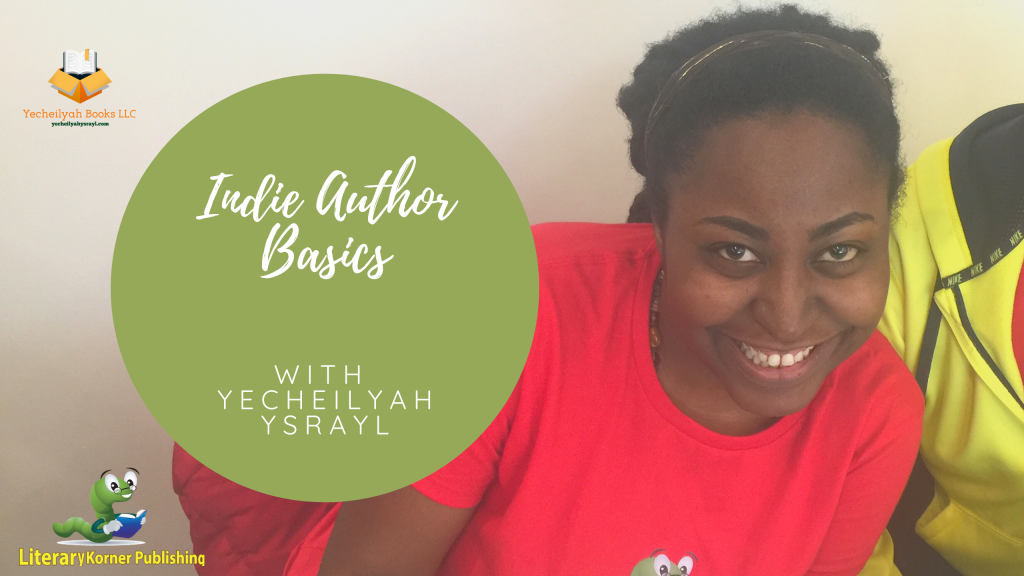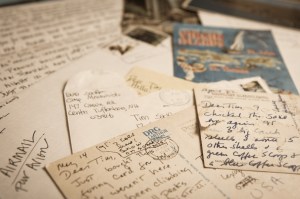
Today, October 4, 2021 Facebook and Instagram went down in the US.
This is nothing new. Facebook and Instagram have had outages before. I have no doubt everyone will be back online soon.
That linked article said this happened this morning, but I was on Instagram and Facebook, and it was working fine, so the outage is relatively recent. (I noticed it afternoon-ish.)
The interesting thing about all of this is it wasn’t until I sent my fourth quarter email out to my list that I noticed these platforms were down. I got an alert from the news app on my phone just as soon as I pressed send.
“Oh. Okay.”
Short story: I wasn’t panicked.
This message is simple:
It would be best to have other ways of engaging with your readers outside of these two major platforms. Instagram and Facebook might be the most popular, but they are not the only social networking sites available, nor are they the only places authors should look to when engaging an audience.

If anything permanent happened to these social media sites, I’d like people to know they can still visit me online at yecheilyahysrayl.com, contact me using my contact form and sign up to my email list and blog for updates.
Many Indie Authors depend solely on Instagram and Facebook for sharing content. This isn’t even just for Authors. Many new entrepreneurs operate solely by way of Facebook pages and Cash App.
Not good.
If Instagram and Facebook were to be down indefinitely, people would lose contact with most of their audience.
How so?
Well, my language is poetry so to quote Najwa Zebian: “The biggest mistake that we make is that we build our homes in other people.”
Indie Authors and new entrepreneurs make a mistake when they build their businesses solely on temporary social media platforms with no means of staying in contact with people beyond that social media site.
Consider:
You have 8,000 Instagram followers, but someone hacks you or Instagram dies. You have 12,000 Facebook followers, but FB’s dead too. Now thousands of potentially eager clients no longer exist. Well, they exist, but they have no idea how to contact you because:
- You don’t have a website they can visit to support you.
- You don’t have an email marketing strategy for them to keep up with you.
- You don’t have a blog to continue to share your content. You know, the content you usually share on the Instagram that no longer exists.
Heartbreaking stuff.
Other Ways of Connecting / Interacting with Your Readers Outside of Facebook and Instagram

Every Author Should Have a Website
Not to beat a dead horse here, but you should really have an author website. We’ve talked about this guys. Your website is your home. It is where people can go to learn more about you, buy your books/services, and contact you. This is your main hub, a summary of all things you, the author. Websites demonstrate professionalism, and every professional business has one. Serious Indie Authors should have one too.
Blog
Your blog (which should be easily accessible from your website) is where you provide content. Blogs perform better traffic-wise than static websites because they are updated regularly with new material. I think having a blog and static website is a great balance.
Your email list (which should be easily accessible from your website) is a way of nurturing relationships with new readers who aren’t following your blog but bought your book and providing updates to loyal readers who want to engage with you more deeply.
Collecting emails to a list is important for Indie Authors because POD services like Amazon’s KDP do not tell you who the people are who bought your book. You see the sale, but not the name or anything else about the customer. This means if I buy your book from Amazon, you won’t know unless I tell you. This makes it challenging to keep track of me as a new reader and build a stronger relationship with me.
This is also why you should be pushing book sales from your author website too because you have a better connection to the people buying your books. Oh, wait, you don’t have a website. See how that works?
Some readers will do you the favor of posting about your book on Facebook and Instagram. But, wait, there is no FB and IG in this scenario.
Other Social Sites
Believe it or not, other social media sites exist. Places like Twitter, Pinterest, YouTube for video, and maybe even LinkedIn can be good alternatives to communicate with your audience if the others are gone.
The point is, there are other ways of being visible online outside of Facebook and Instagram.
I hope this outage helps us to rethink our social media strategy and develop ways of moving those loyal Insta-friends over to our own platforms.
Update: All those random emails ya’ll sent out the blue yesterday to people who probably forgot they signed up to your list is like rushing out to the grocery store to buy food during a shortage rather than just stocking up before the shortage happens.
Moral: Just having an email list is not enough if you don’t use it. It can hurt you more than help you.
Meet and Greet Book Signing 11/13

On 11/13, I am hosting my first book signing since Covid. My last signing was in 2019, so I am nervous and excited to be around people again.
Please be advised we are still fighting this virus, so there is very limited space and vaccinated or not, you must wear your mask. I am also not putting in a large order of books, so first come, first served. COME EARLY.







